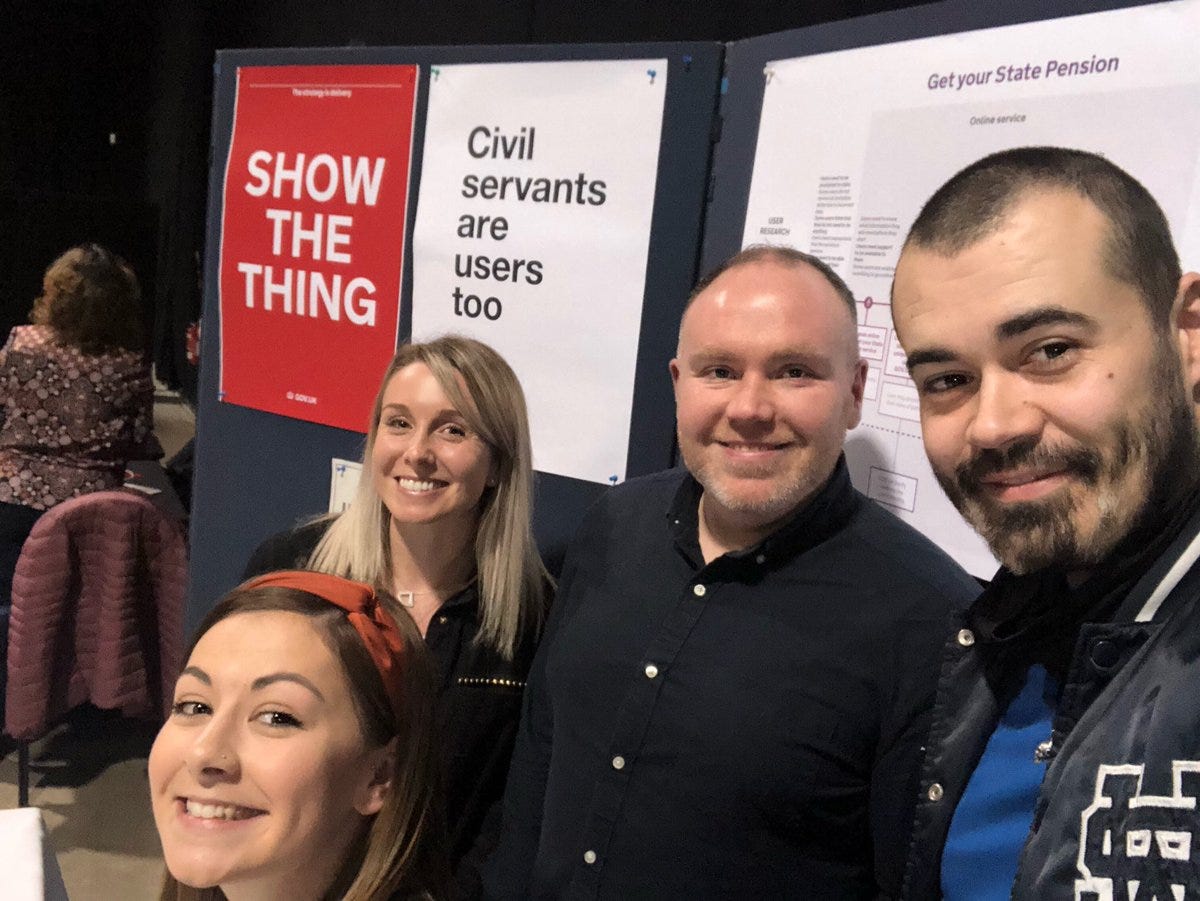People-centred management
Over the last 7 years I’ve had the opportunity to build teams (over 80 people) and grow the capability of those that I’ve hired.
With no formal management training a.k.a. learning as you’re doing, I’ve had to learn a lot, quickly.
Some parts went well, some parts could have gone better. I’ve made mistakes yet have also seen people flourish.

I never had the option to choose whether I wanted to be a manager, it’s always managed to be something I’ve been thrust into.
I’ve a varied background having spent time in the military before starting my career in the digital industry. The military helped. Hierarchical in nature with a command structure, it was easy to find yourself in a position of management. It was never something I would shy away from, more so as my impostor syndrome wouldn’t let me.
Even though I’m reserved and an introvert, I always felt managing people was a thing I could do.
This isn’t a story about my beginnings, though.
This is about people-centred management for those that are unsure about it or how to feel less like an impostor when you move into it.
I know that management isn’t for everyone. Some people just want to focus on their core profession or craft which I respect and others avoid management like the plague, I respect you folks too.
I’ve found that if you like people, if you like talking a lot and listening even more then you’re probably well suited to management.
Management is;
- about people
- making people feel safe
- supporting a person’s professional growth
- understanding people on a personal level
- supporting people on a personal level
- people coaching
- enabling people to do much more than you at a greater scale
- creating an environment where people can bring their whole selves their work
- asking more questions than telling people what to do
As you can see, in that short list, there’s a lot of people involved in management.
Whether you’re moving in to a new team at any level or are moving into a management position within your existing team there is something important which needs to take place.
You need to understand and know those you’re managing on a different level than before. The people now in your management may have been peers, you also may have never known them before the day you became their manager.
And this brings me on to the famous ‘1–2–1’. Those things you’ve had in the past which may or may not have been valuable but should be one of the most important things you do as a professional.
As a manager you should take pride in these, that you’re providing everything you should in them as well as helping your team member be the best them. Equally as a member of staff you should also get everything out of these as you can.
They take many styles. From 30 minutes to an hour, covering many different details.
The very first 1–2–1 is the most important and can prime your managerial experience to be the most rewarding. From early on I understood that in order to do the best job of management I had to understand the individual on a personal level.
The whole first hour is built around one enquiry…
Let’s start from the beginning, tell me your story from you growing up to through school and your first job.
If I don’t know where the person has come from, what they’ve gone through and the relationships they’ve had with other humans I’d be hard-pressed to understand them enough to support their future personal and professional growth.
I look to understand their family make-up when they were young, what their parents were like and, ethics the individual may have learned and relationships with siblings. A lot can be unpicked in that and as an adult there are a huge amount of learned behaviours that we pick up form experiences in our youth, both good and bad.
I dig into their education, what they got excited about and what just didn’t click with them and find out the reasons why. Were there blockers in place or were certain decisions wilfully made knowing they would be sent down a specific path?
I like to find out about their working life, how and where they got started. Did they have that hunger to chase their dreams and or did they have a specific plan for how those dreams would unfold?
This method has worked well for me over the years, it’s enabled me to learn far more about the people in my charge to successfully support them and develop them into some of the greatest professionals I’ve ever had the privilege to work with.
Management is about people. Stay people-centred and you’ll do ok.
